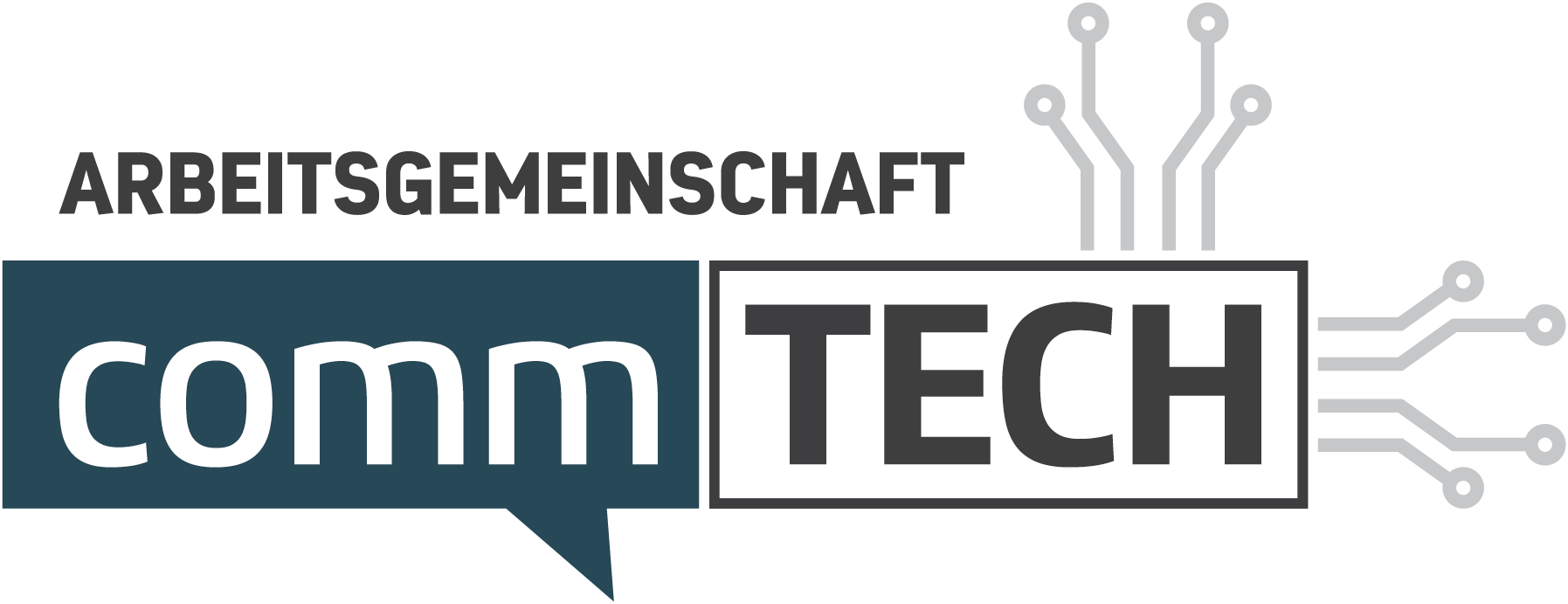- 6. July 2022
- Posted by: Die Redaktion
- Category: NEWS

Does the Stakeholder Journey also include journalists?

Author: Maximilian Heiler
Should journalists become part of the stakeholder journey? We encountered this question again and again in the course of our CommTech work. My clear opinion is: yes, we must even understand it as an essential part of it. But we need standards and a transparent approach.
Media behavior is becoming more digital and so is corporate communication. This path has been taken, and with the AG CommTech, 250 personalities from the communications and PR industry are now working to create standards and best practices in addition to an exchange of experiences. It is a large-scale attempt not only to digitize communications and use data to better explain the effectiveness of its own value chain, but also to build a digital and scalable engagement system. Long since standard in marketing functions, the Stakeholder Journey is about designing a communication funnel based on the needs of the target group in such a way that they are offered real added value and a recurring dialog in the digital space is made possible. The prerequisites are quality and customer orientation. And that should also apply to work with the media.
Focus on dialog-oriented communication
One of the main concerns revolves around the respectful relationship between PR and the media. After all, the aim is to avoid the appearance that journalists are being appropriated. And indeed, there must be no appropriation. Good PR, however, takes into account the requirements, respects the working methods and principles of the media – it even represents their interests in companies. Anyone who does not do this will certainly not achieve dialog-oriented communication and a positive reputation in the long term – regardless of whether in the analog or digital space. But if we want to build digital engagement systems, we have to be able to engage in dialog with our main target group – which for the vast majority of us is journalists.
For many communicators, working with a stakeholder journey will also be a good opportunity to take a closer look at their own target group and question what they really want to know and hear from me. If you take the stakeholder journey seriously, your communication will be more goal-oriented and more in line with the target group, and thus more customer-friendly. I am sure our stakeholders will thank us.
Set and apply standards and communication rules
The Stakeholder Journey is based on the basic principle of the Customer Journey. Of course, funnel-based marketing has not only brought advantages. Too strong sales intentions, an exposed new customer orientation and thus the neglect of existing customers or activities such as clickbaiting would be good reasons not to build a stakeholder journey for journalists. And yet we have the chance to learn from the experience in marketing and use it sensibly for ourselves – and that also means setting our own standards and rules and thus applying a system that is less sales-oriented but more dialog-oriented, long-term and linked to quality standards.
Data will create privileges with which comes responsibility
As we digitize our ways of working, data will be available to us that will evolve our professional field. In the future, we will make decisions based on data and provide even better evidence of the effectiveness of our work. These will all be privileges with which comes responsibility. After all, we will learn a lot about our stakeholders, and in addition to all the opportunities, it is important to handle them responsibly and with integrity. It goes without saying that data protection principles apply just the same and that we should be even stricter with tracking and online behavior data and not use all the options that are basically available. I like to repeat: An engagement system is ultimately about long-term dialog, not sales activities.
Transparency creates trust
With the evolution of our professional field comes change. We should therefore not only talk about it within our communications industry, but also invite our target groups into this process. We build trust by creating transparency at an early stage and offering opportunities for participation. We are therefore well advised to seek dialog at an early stage and be open to feedback from our stakeholders.
The Stakeholder Journey and the insights from CommTech will be very good for our industry. Both we as communications professionals and our target groups will benefit directly from the experience gained from our target group work, some of which is highly individualized, combined with the opportunities offered by digitization.

